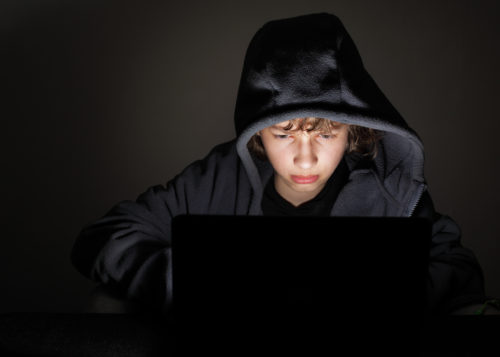
In the state of New York, people who are under the age of 16 are considered juveniles. Minors who break the law are handled differently than adults who break the law. One of the primary differences between committing a crime as a juvenile and committing a crime as an adult is that criminal matters involving juveniles will be adjudicated in Family Court, not adult criminal court. Consequently, the Administration for Children Services will supervise the juvenile. If you are a minor, or parent of a minor child, facing criminal charges in New York and need to know what your rights and responsibilities as a juvenile are, please read on and contact an experienced Garden City, NY juvenile crimes lawyer.
How are alleged juvenile offenders treated in New York?
Should a juvenile be charged in court, it is crucial he or she retains one of our skilled Nassau County criminal defense attorneys. Generally, the juvenile’s parents retain an attorney on their child’s behalf, but if they fail to do so, the child may be assigned one by the Office of the Public Defender. Following an arrest, the Court will eventually schedule a fact-finding “hearing,” which is essentially the equivalent of a non-jury or bench “trial” in an adult case if the matter cannot be resolved through some other resolution. Just as with any other trial, the burden of proof is on the prosecutor to prove the charges – not the child or Family Court defense attorney. The prosecutor will typically call witnesses who provide testimonial evidence in support of the charges. The prosecutor can produce physical evidence of various kinds and the child’s defense attorney will have the opportunity to present evidence and cross-examine the prosecution’s witnesses. Again, unlike most adult criminal trials, there will not be a jury at the fact-finding hearing. The Family Court judge will act as both the judge of the law and of the facts, meaning the child’s guilt or innocence will rest entirely in the Family Court judge’s hands.
What happens if a juvenile is found guilty in New York?
If the judge finds the child guilty, there are several sentencing options that are unique to the juvenile justice system. The child may be released on the condition that the child stays out of trouble, not be re-arrested and abides by any other conditions the judge deems appropriate. The judge may alternatively order formal probation or order the child to attend a relevant program to address the child’s behavioral issues. Lastly, the judge may order that the child be placed in a juvenile detention facility which can either be non-secure or secure.
How can a Nassau County criminal defense lawyer help a juvenile?
It is important that you obtain a knowledgeable and skilled defense attorney who can work hard to protect your child’s future if he or she has been charged or arrested in the state of New York. A seasoned legal professional will provide guidance and help you acquire the evidence needed to assist your child’s defense. No matter how complex, we know how much is at stake and are ready to take on your child’s case.
Contact Our Long Island Firm
Criminal matters can change the course of your life forever. This is why you need an experienced attorney who will aggressively combat your charges to help mitigate their long-term effects. If you are in need of experienced legal counsel for a criminal defense matter on Long Island or throughout New York State, please contact Grunwald & Seman, P.C. to schedule a consultation. We would be happy to assist you.
